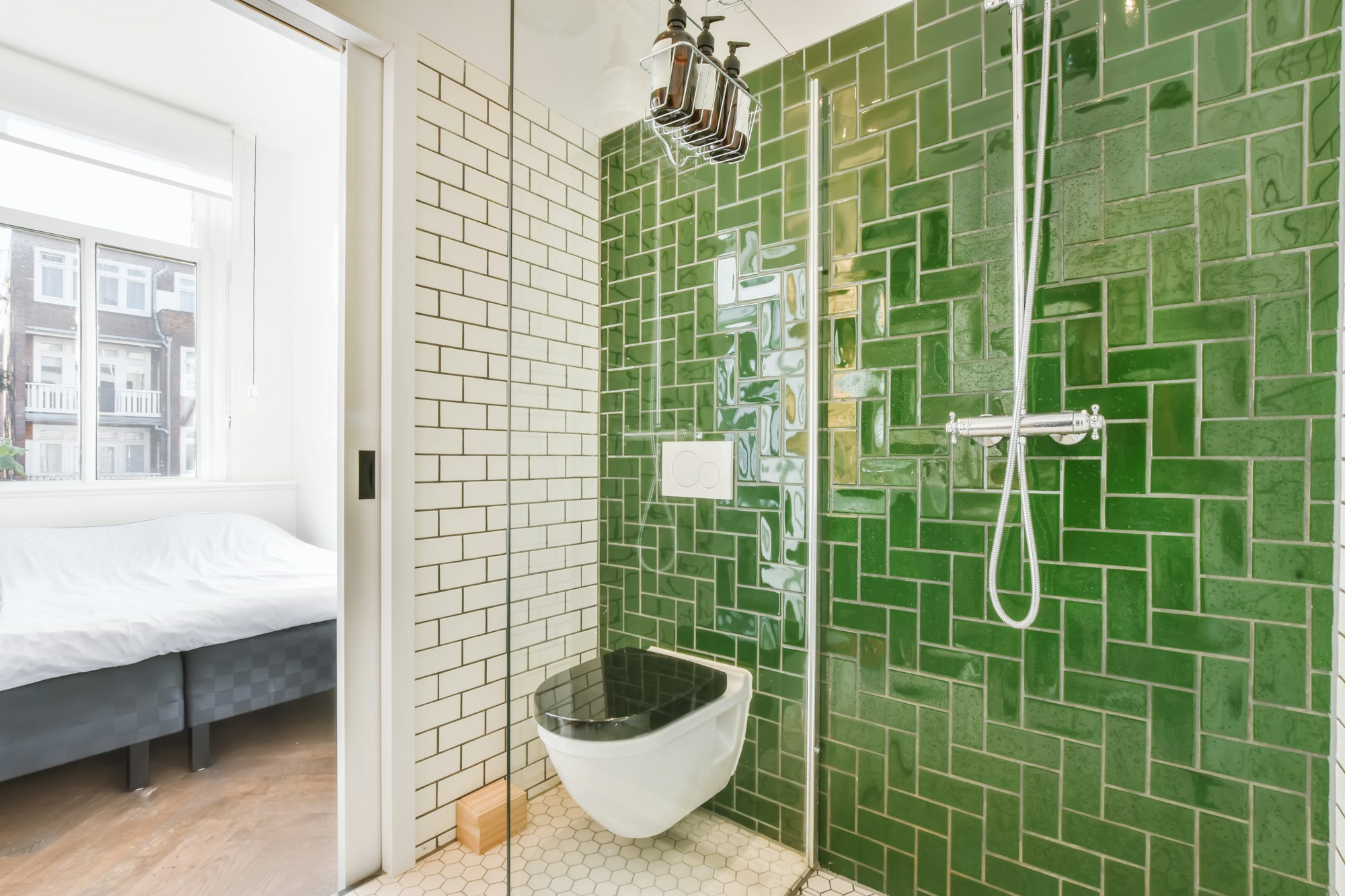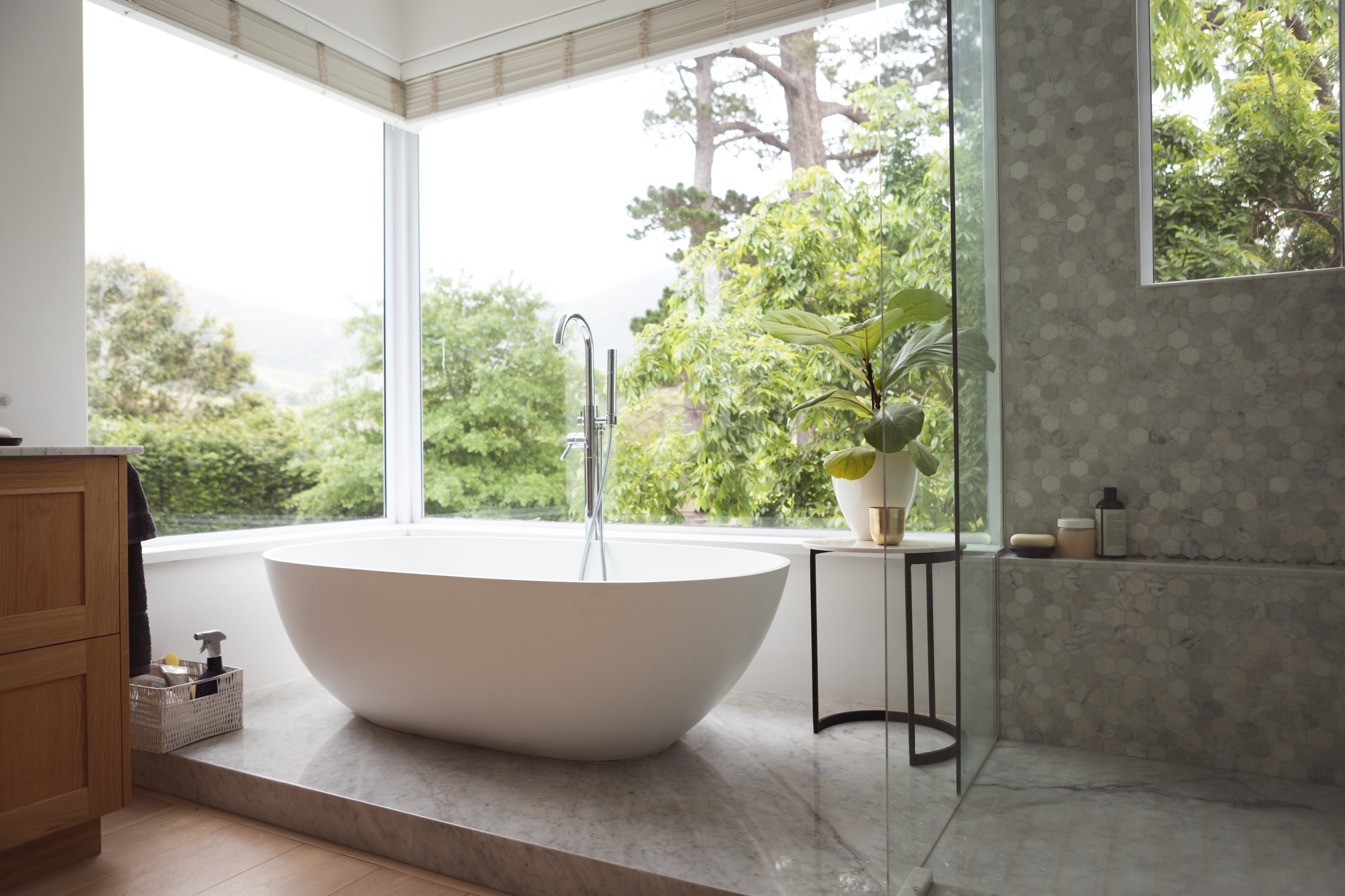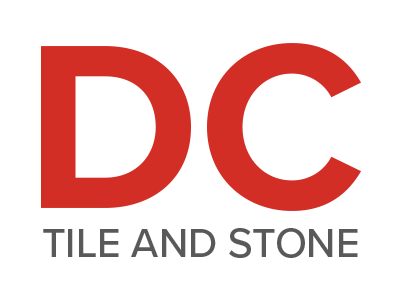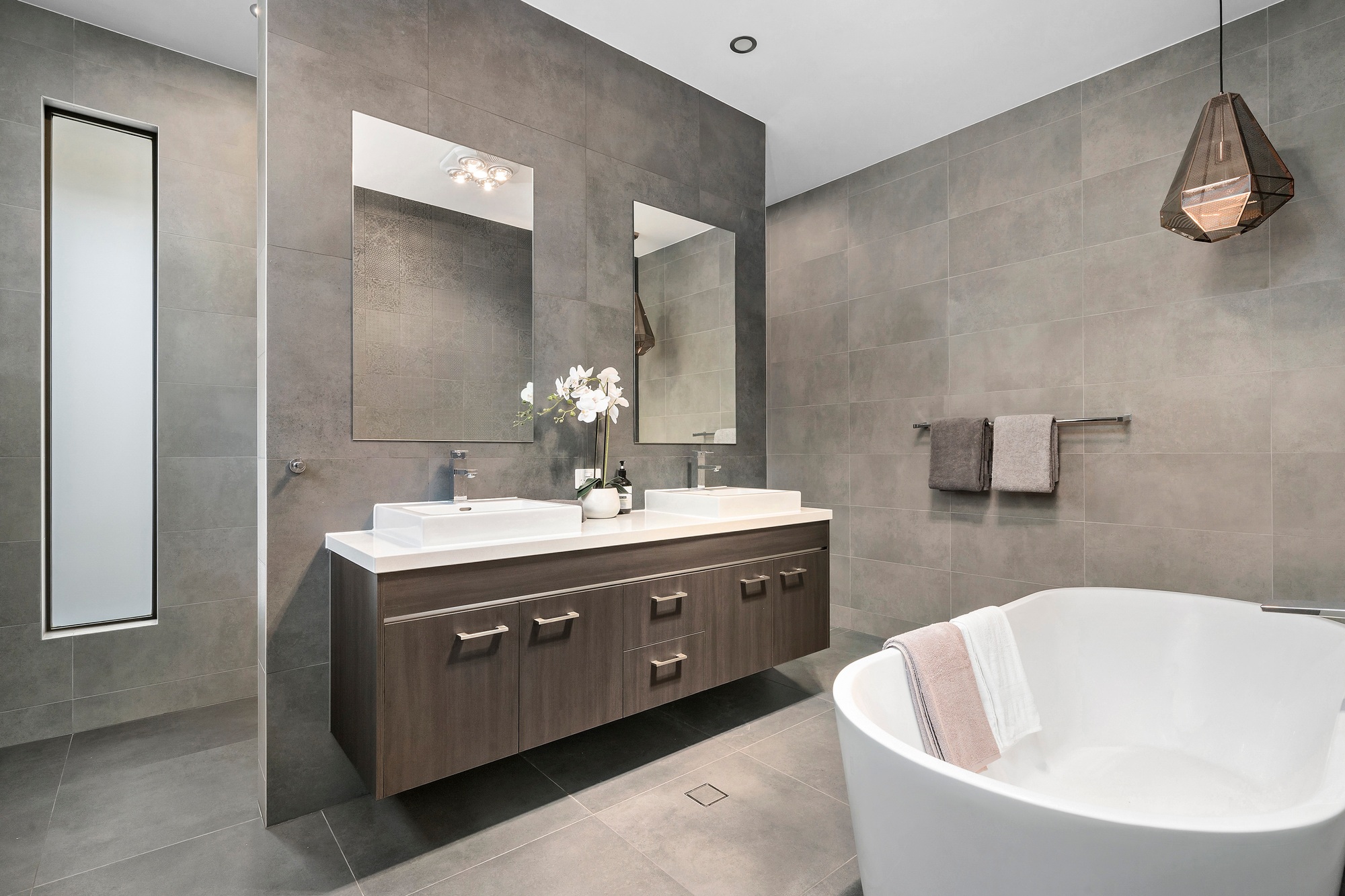
Planning a bathroom renovation can be exciting, but without a strategic approach, it may quickly become overwhelming—both in terms of time and budget. With the right tips, you can achieve your dream bathroom while keeping costs in check. Whether you’re refreshing your space or going for a full makeover, planning ahead and prioritizing wisely can make all the difference.
Here’s a step-by-step guide to help you save money, streamline your remodel, and create a stylish, functional space that reflects your vision.
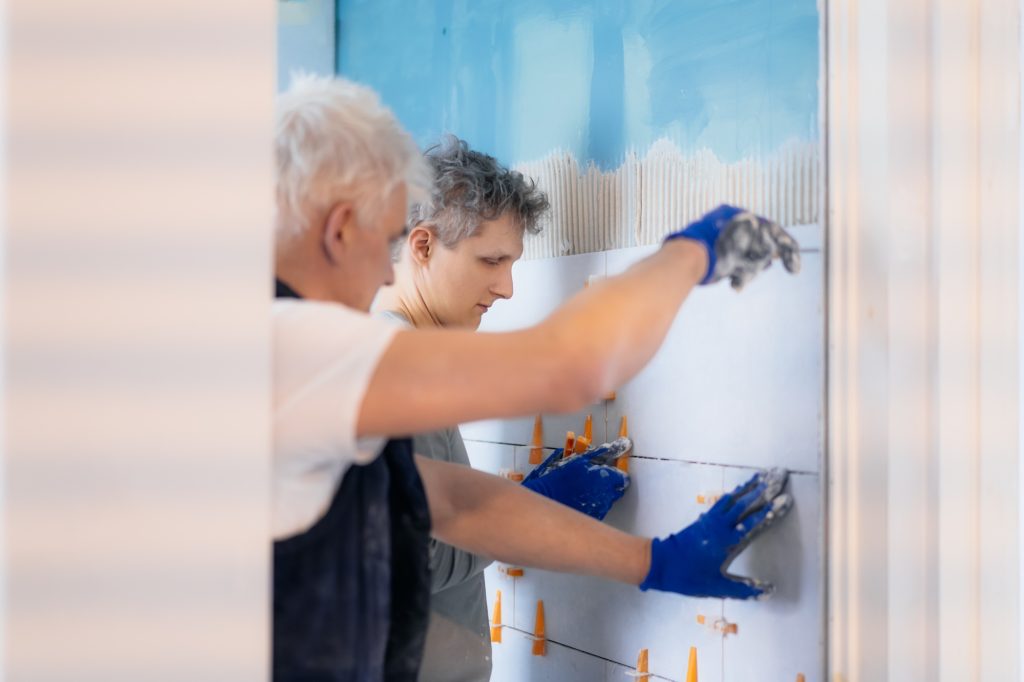
A well-thought-out budget is the cornerstone of any successful renovation. Start by determining how much you can spend and include a 10-20% cushion for unexpected expenses. Then, categorize your list into needs versus wants:
Once your essential repairs are addressed, allocate remaining funds toward upgrades that elevate your bathroom’s design and value. Focus on high ROI updates, such as modern tiles, improved storage, or energy-efficient fixtures, especially if you’re considering resale value.
For more ideas on budget-friendly bathroom designs, check out this guide on affordable bathroom remodels.
When deciding between DIY projects and hiring professionals, consider your skillset:
If tile work is part of your remodel, remember that large format tiles and intricate layouts demand precision.
Investing in timeless design elements ensures your bathroom stays stylish for years. Opt for neutral tones like whites, grays, or soft beiges, which provide versatility and resale appeal. Complement these with classic fixtures like chrome faucets and frameless mirrors for a clean, sophisticated look.
For the walls and floors, consider ceramic or porcelain tiles—they’re durable, affordable, and come in endless designs. If you’re drawn to natural materials, stone tiles add luxury and texture but may require more maintenance.

You can add trendy touches to your bathroom without overspending. Here are some ideas:
These small yet impactful updates can be easily swapped out if trends change, keeping your space fresh and modern.
Embarking on a bathroom renovation project can seem overwhelming, but keeping your renovation on track is paramount for both time and cost efficiency. Start by creating a detailed timeline, breaking down the project into smaller, manageable tasks. This not only helps you keep track of progress but also allows you to identify any potential delays early on.
Schedule regular check-ins with your contractor or team if you’re working with professionals. Consistent communication ensures that everyone is on the same page and helps address any issues promptly. If you’re handling it all yourself, set aside time weekly to evaluate what has been done and adjust plans if necessary.
While having a solid plan is crucial, being adaptable can save you from unnecessary stress. Sometimes, unforeseen challenges arise, and being flexible will allow you to adjust your plans without derailing the entire project.
Ensure that all necessary materials are ready before each phase of the renovation starts. This minimizes downtime and prevents the project from dragging on due to items being out of stock or delayed shipping.
Regularly updating a budget spreadsheet helps you keep finances in check. It allows you to track expenses and avoid any surprise costs at the end of the project. An organized budget helps you make informed decisions about potential upgrades or changes during the renovation.
By following these steps, you can maintain a steady pace during your bathroom remodel, ensuring that your transformation is completed on time and without breaking the bank. Remember, successful renovations are the result of careful planning, flexible execution, and clear communication.
The cost of a bathroom renovation can vary widely depending on the scope of the project. On average, a mid-range bathroom remodel may cost between $10,000 and $15,000. However, setting a clear budget beforehand and identifying your top priorities can help you manage expenses while achieving your desired results.
While doing it yourself can save labor costs, it might not be the best option if you lack experience. Complicated tasks like plumbing or electrical work can lead to costly mistakes. Weighing the costs of materials, tools, and your time against professional services will help you decide whether a DIY approach is right for you.
Consider refreshing the paint, updating fixtures like faucets and cabinet knobs, or changing out the shower curtain and bath mat. Even small changes like swapping out the mirror or adding open shelving can make a big difference without breaking the bank.
Yes, the right tile can set the tone for your space and should be chosen for both durability and style. Whether you choose ceramic, porcelain, or natural stone, consider your design preferences and the practical needs of your bathroom to ensure longevity and ease of maintenance.
To stay on schedule, create a detailed plan with set timelines for each phase of the renovation. Maintaining open communication with contractors and regularly monitoring progress will help you address any delays quickly. Preparing for unexpected issues by allowing some flexibility in your timeline is also wise.
A well-planned bathroom renovation doesn’t have to break the bank or stretch your patience. By setting a clear budget, choosing the right materials, and knowing when to DIY versus hire professionals, you can achieve a stunning and functional space. Prioritize timeless designs, incorporate a few trendy touches, and stay organized throughout the process to keep your project on track.
Ready to elevate your bathroom? Contact DC Tile and Stone today for expert tile installation and personalized guidance. With the right team, your dream bathroom is closer than you think!
